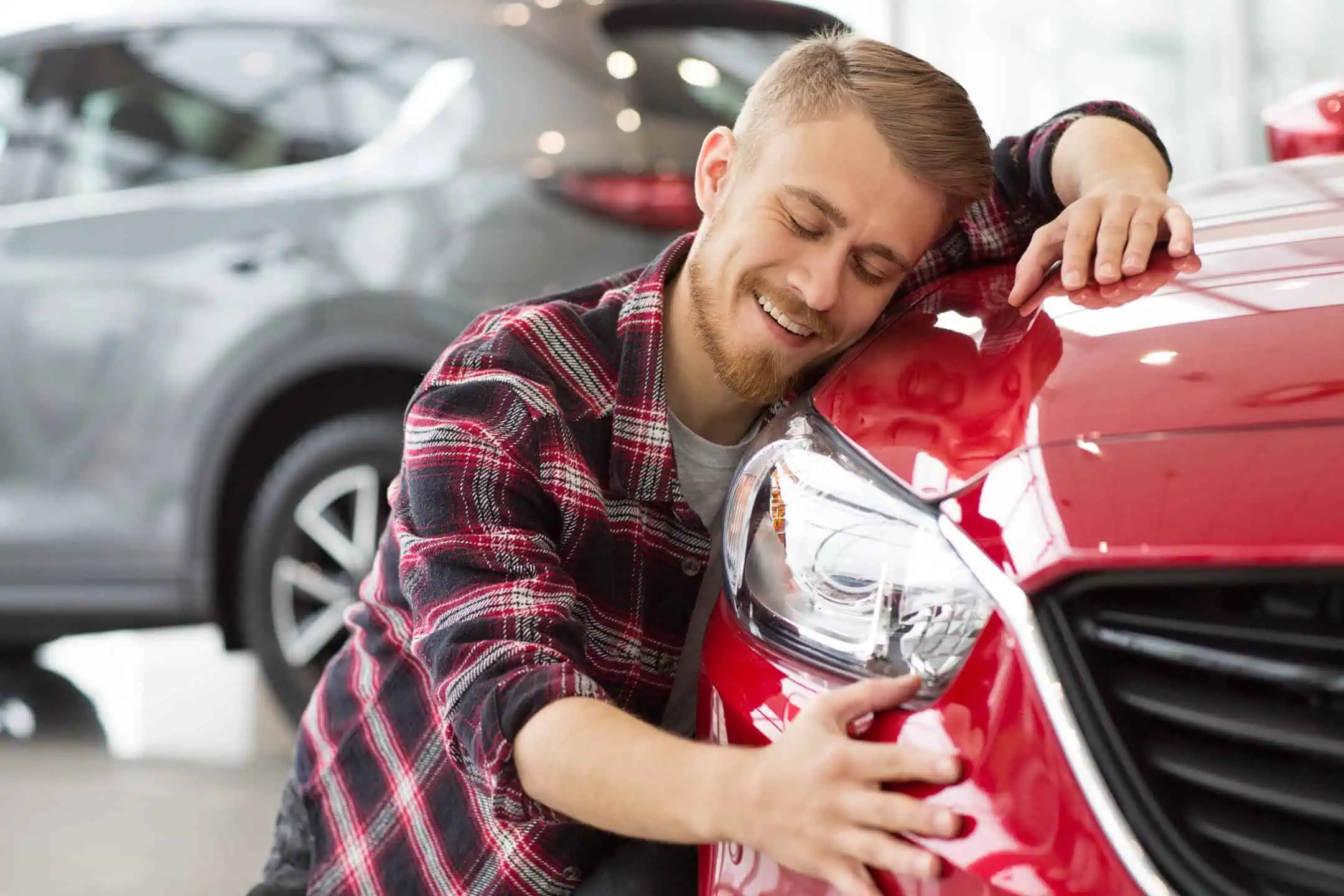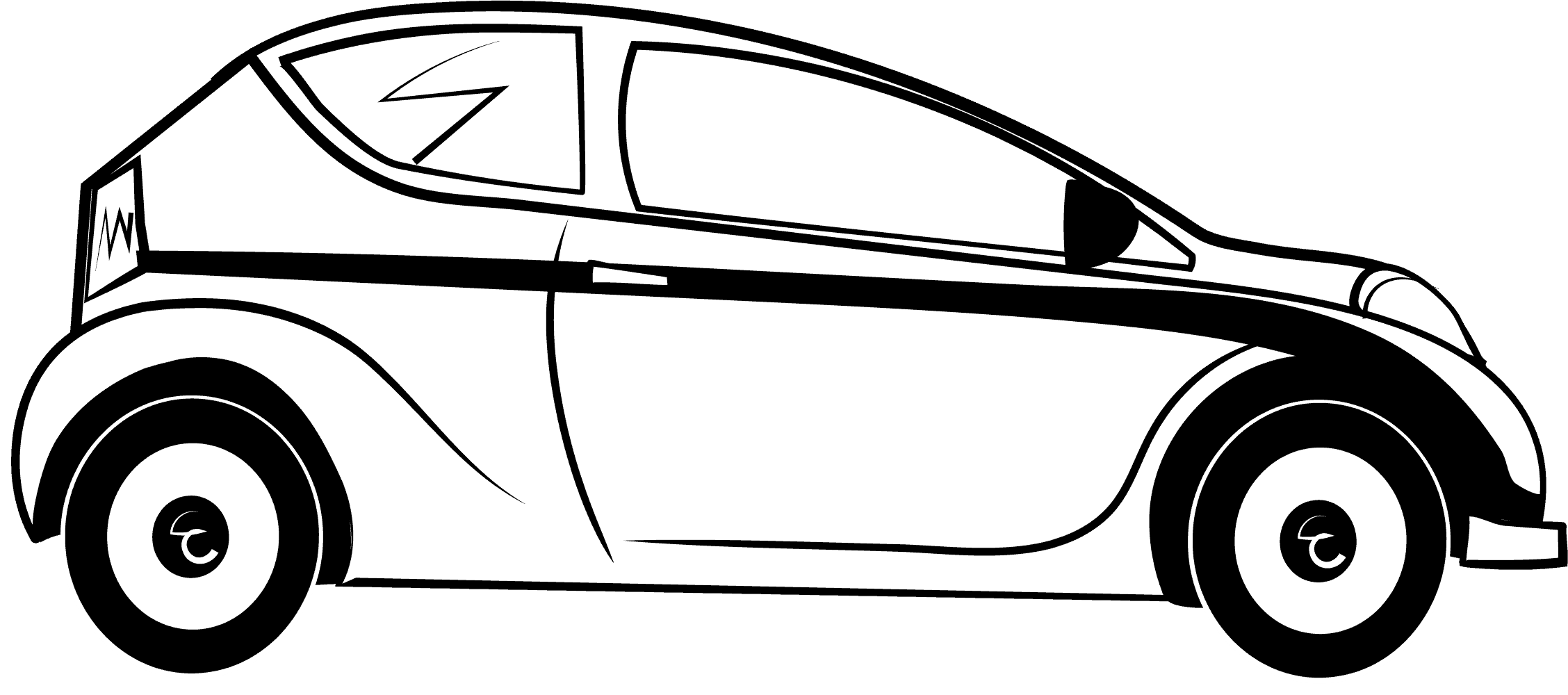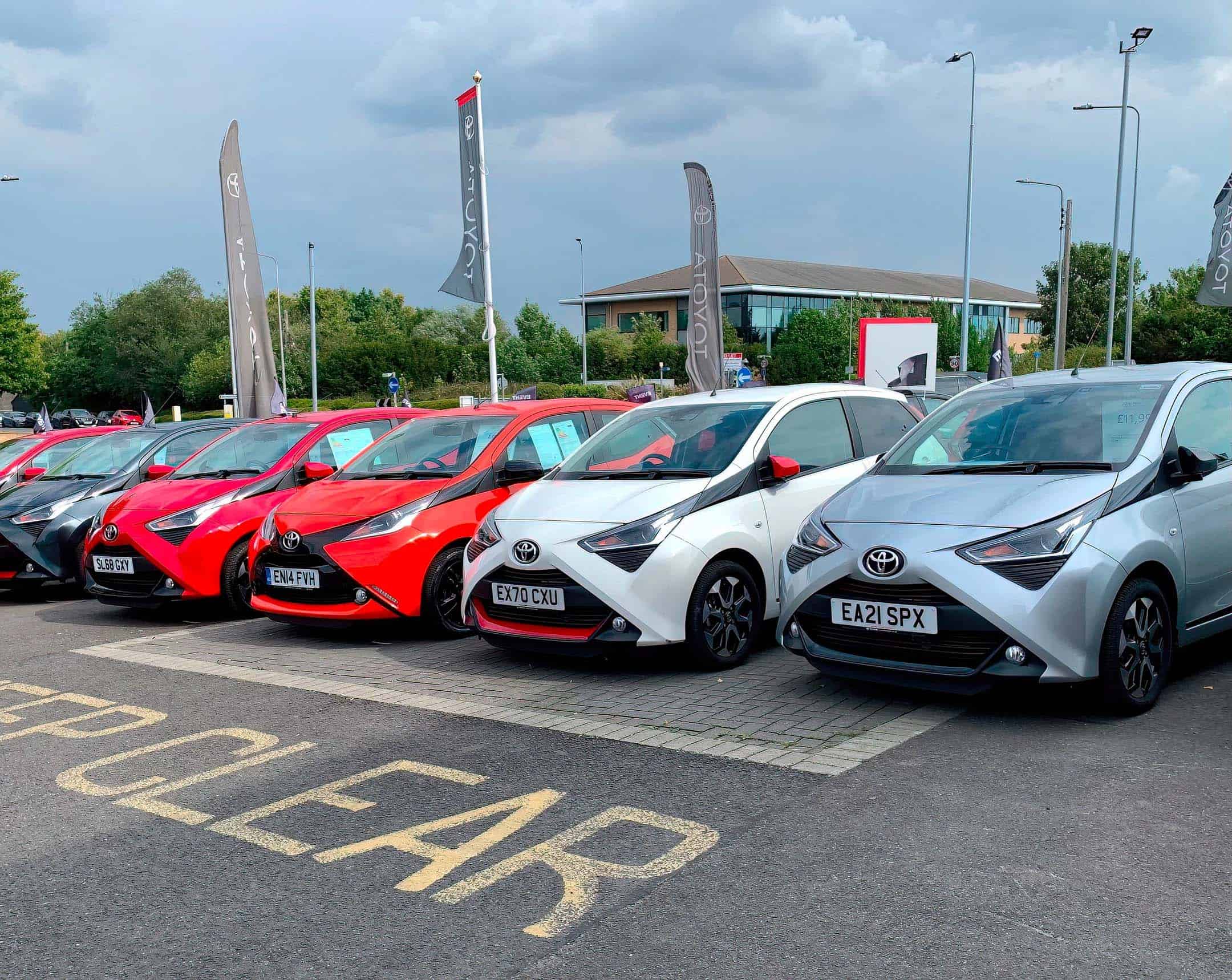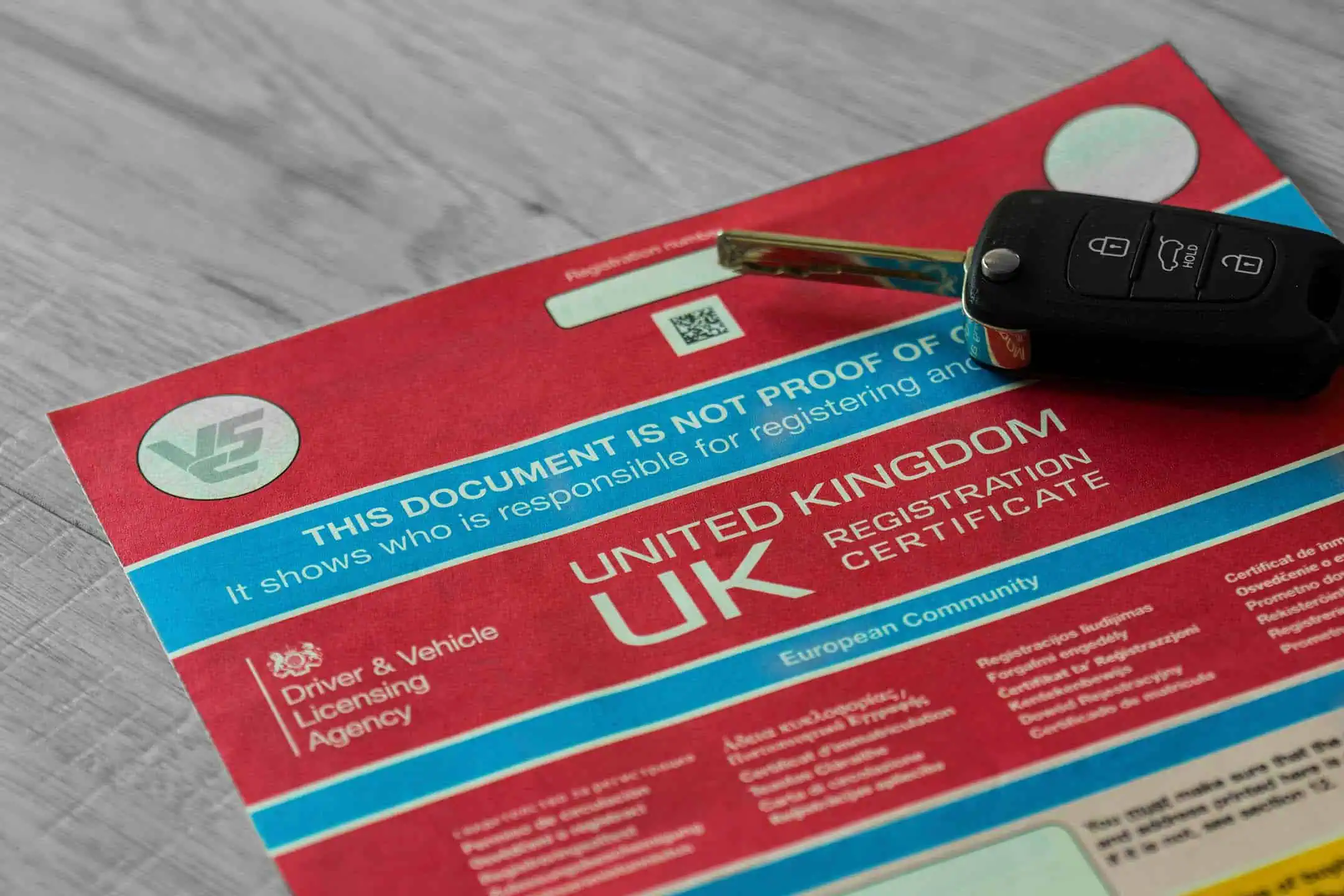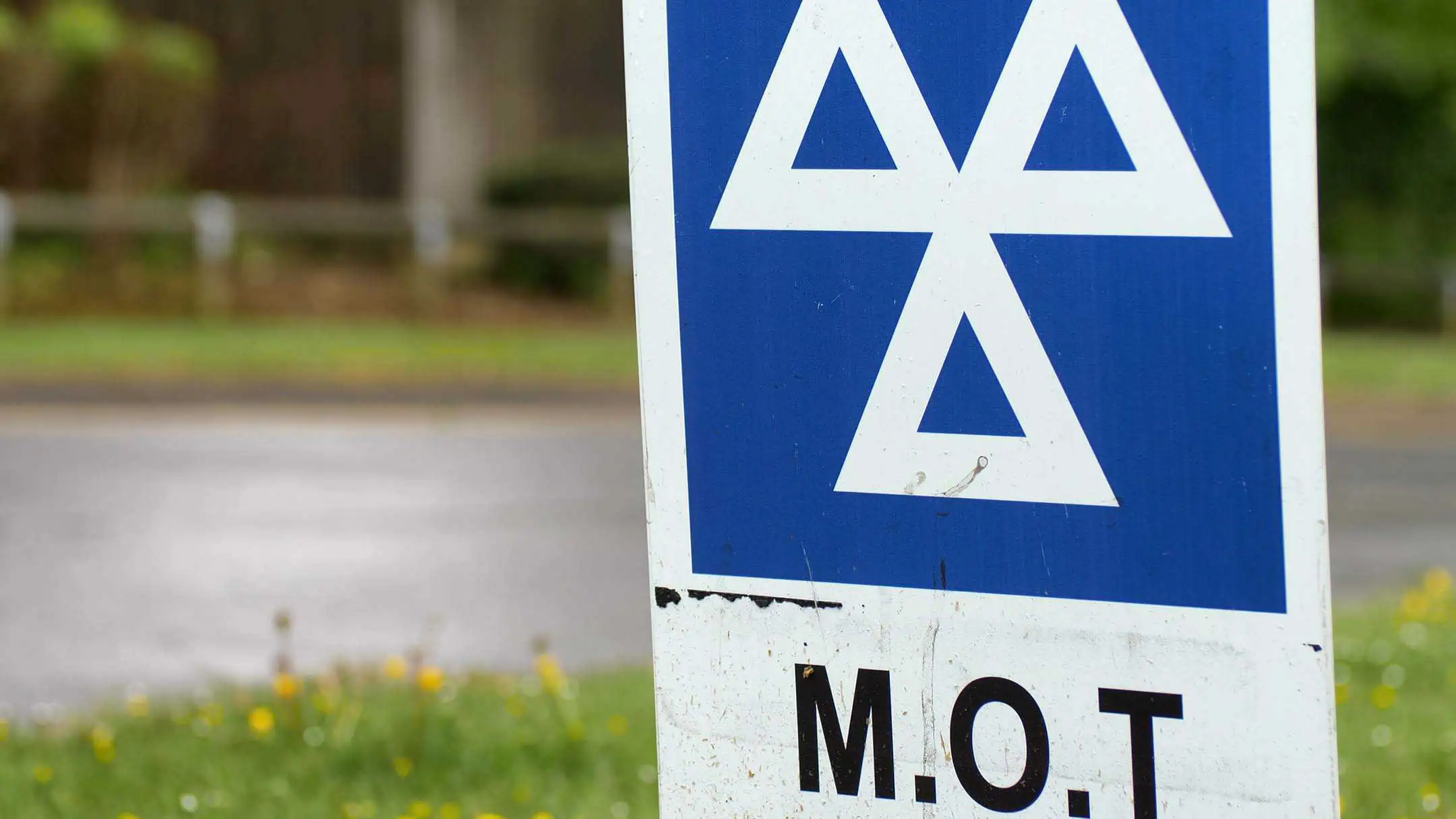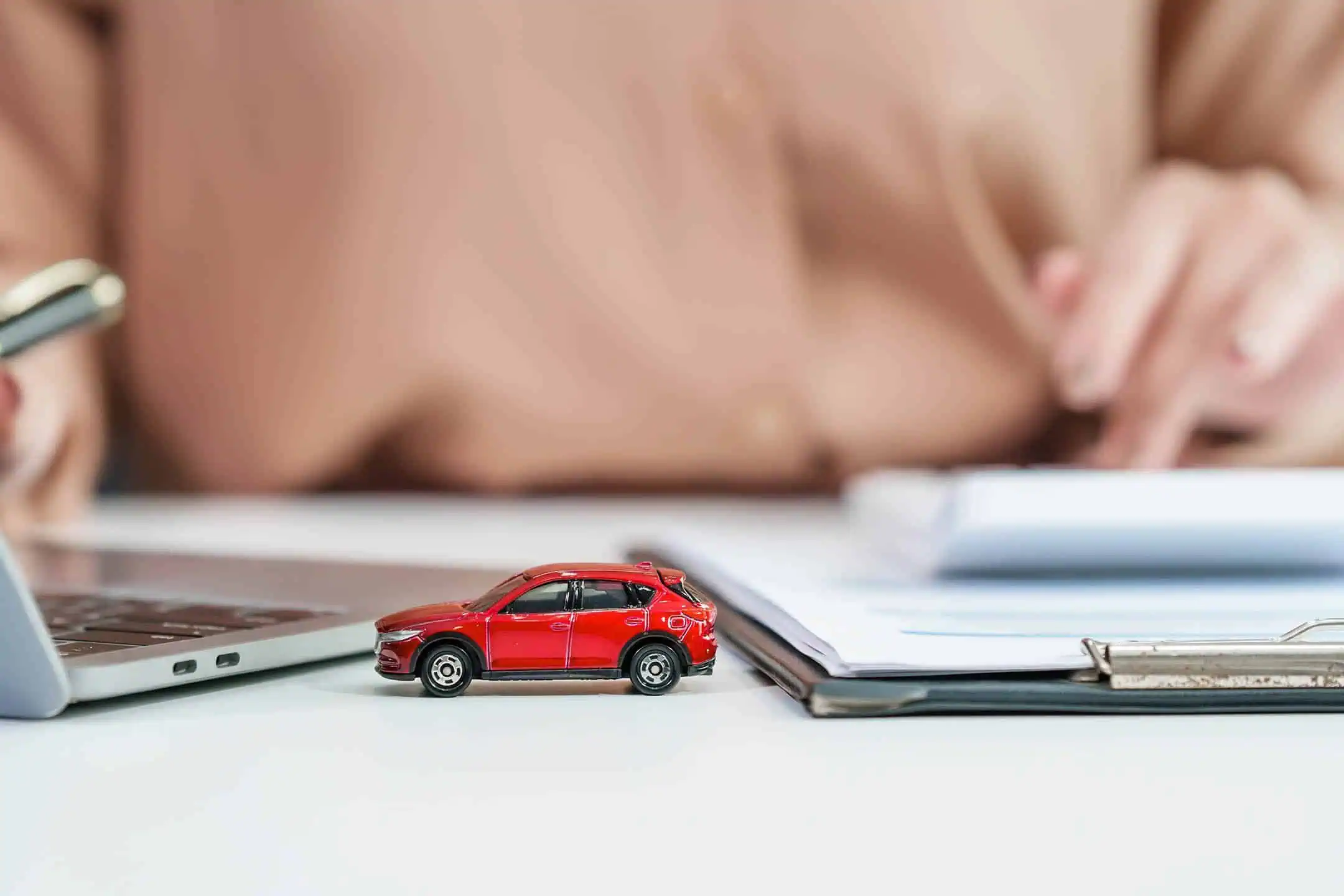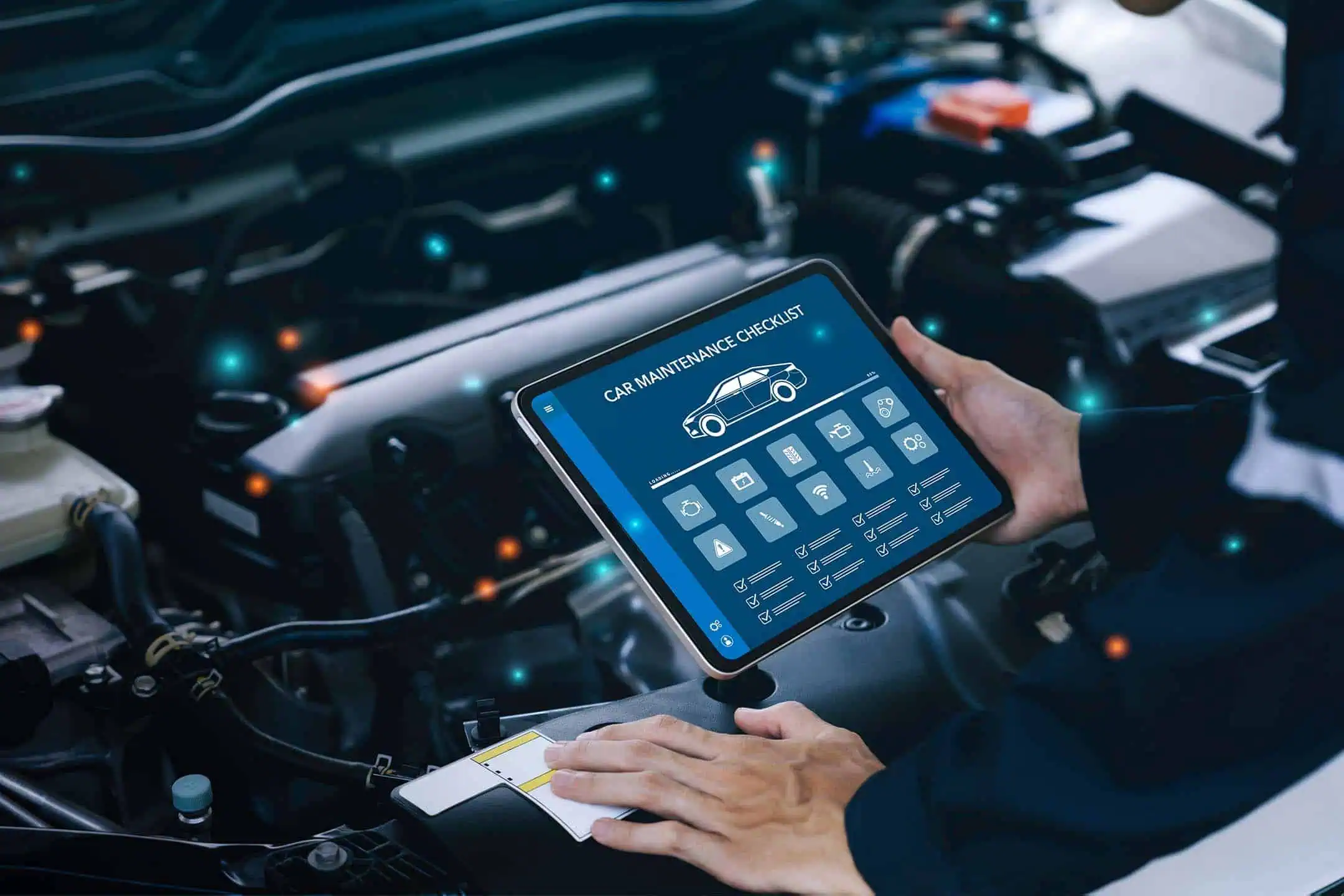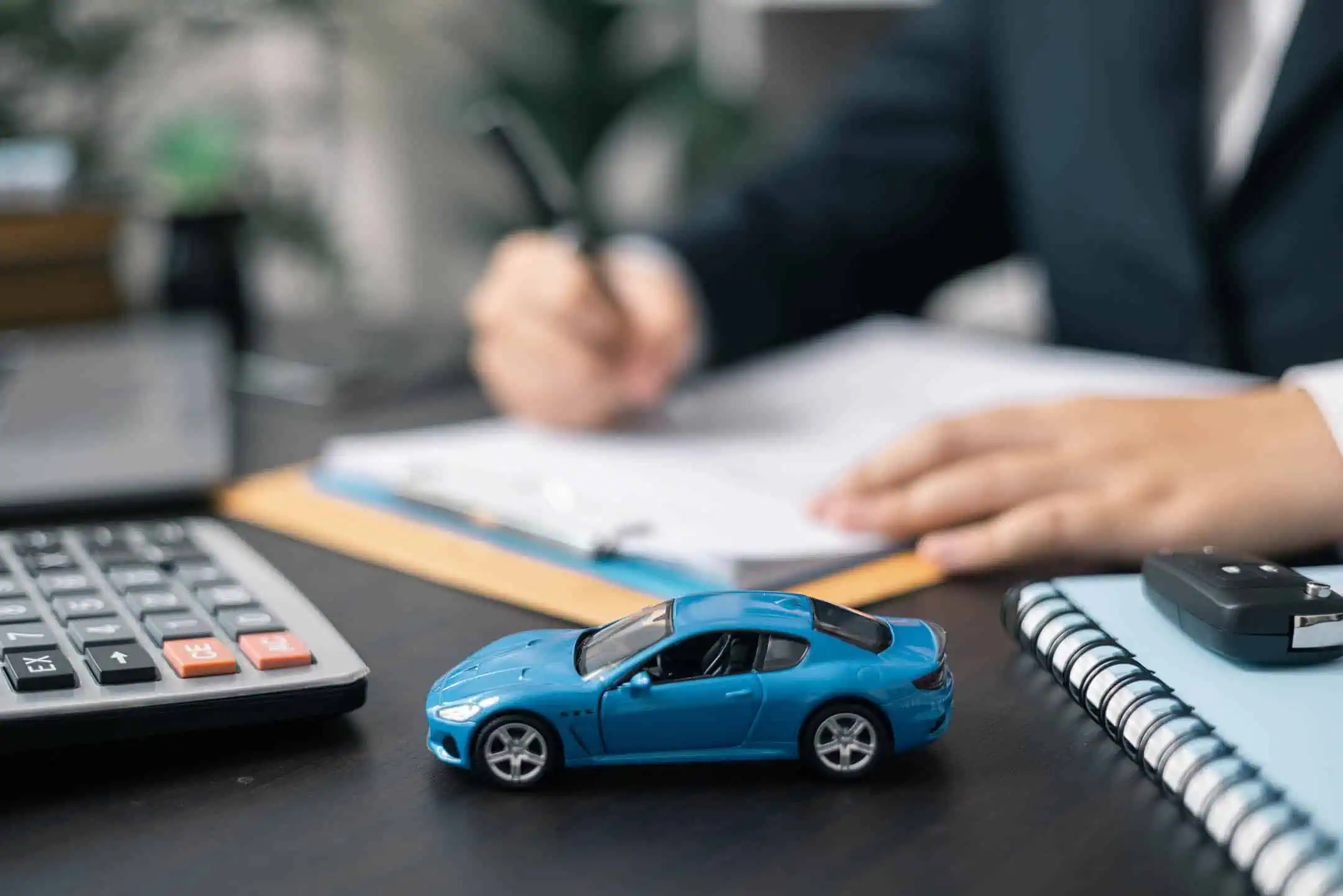Buying a Car in the UK

How to choose the right car for you
Whether you’re looking for your first set of wheels or you’re ready to upgrade to a newer model, there’s nothing quite like that new car feeling! The excitement of finding the right car and hitting the road never gets old. But buying a car isn’t cheap. In fact, it’s likely to be the second most expensive thing you buy after a house.
That’s why it’s important to take your time, consider all your options, and compare different makes and models so that you choose the right car for you. EV or SUV? Three doors or five? Used or brand-new? Volvo or Volkswagen?
With so many choices and decisions to make, think of us as your expert guide, breaking everything down so you can make an informed choice and answer the question: what type of car should I buy?
How to buy a used car
Who wouldn’t want to bag a bargain?
Buying a used car can be a great way to save money and still get a set of wheels that will go the distance.
Thanks to depreciation almost all cars lose value over time. There are a few different factors that can affect the value of a second-hand car including its overall condition, mileage, popularity, and age, but cars tend to lose value fastest in the first few years of life. That means you could get a great deal by choosing a model that’s just three or four years old!
Ready to go used car shopping?
There are three main places to look:
- An approved franchise dealer
- An independent dealer
- A private seller
Let’s break down each option:
Why buy an approved used car?
If you’re buying your first set of wheels, an approved used car could offer added peace of mind.
These models have the manufacturer’s seal of approval and will often be found on a franchised dealer forecourt.
While even approved used cars can sometimes develop faults, you can trust that your new pride and joy will have been inspected by a mechanic familiar with its make and model and judged to be of a high enough quality to earn its approved status.
Why buy a used car from an independent dealer?
Independent dealers will also carry out checks on any car that becomes part of their stock, but they won’t usually be affiliated with a manufacturer.
That means it’s worth doing some extra prep before signing on the dotted line.
Take some time to do your research. Check customer reviews (on independent websites like Trustpilot) and compare prices with similar options available at local dealerships.
It’s always a good idea to take a test drive to get a feel for the car and check it carefully, both inside and out. Don’t be afraid to ask a mechanic for a second opinion if there’s anything you’re not sure about.
Should I buy a second-hand car from a private seller?
One of the cheapest ways to buy a used car is from a private seller – but it also comes with the most risk.
A private seller could be someone you find with a listing on Autotrader or eBay, someone posting on Facebook, or even your next-door neighbour with a “For Sale sign in their car window.
While you might be able to pay less when buying a car privately, you don’t have the same consumer protections as you would if you went to a dealer.
Instead, these sales operate under buyer beware so it’s essential you take your time, check the car thoroughly, and don’t commit to the purchase unless you’re completely sure it’s the right set of wheels for you.
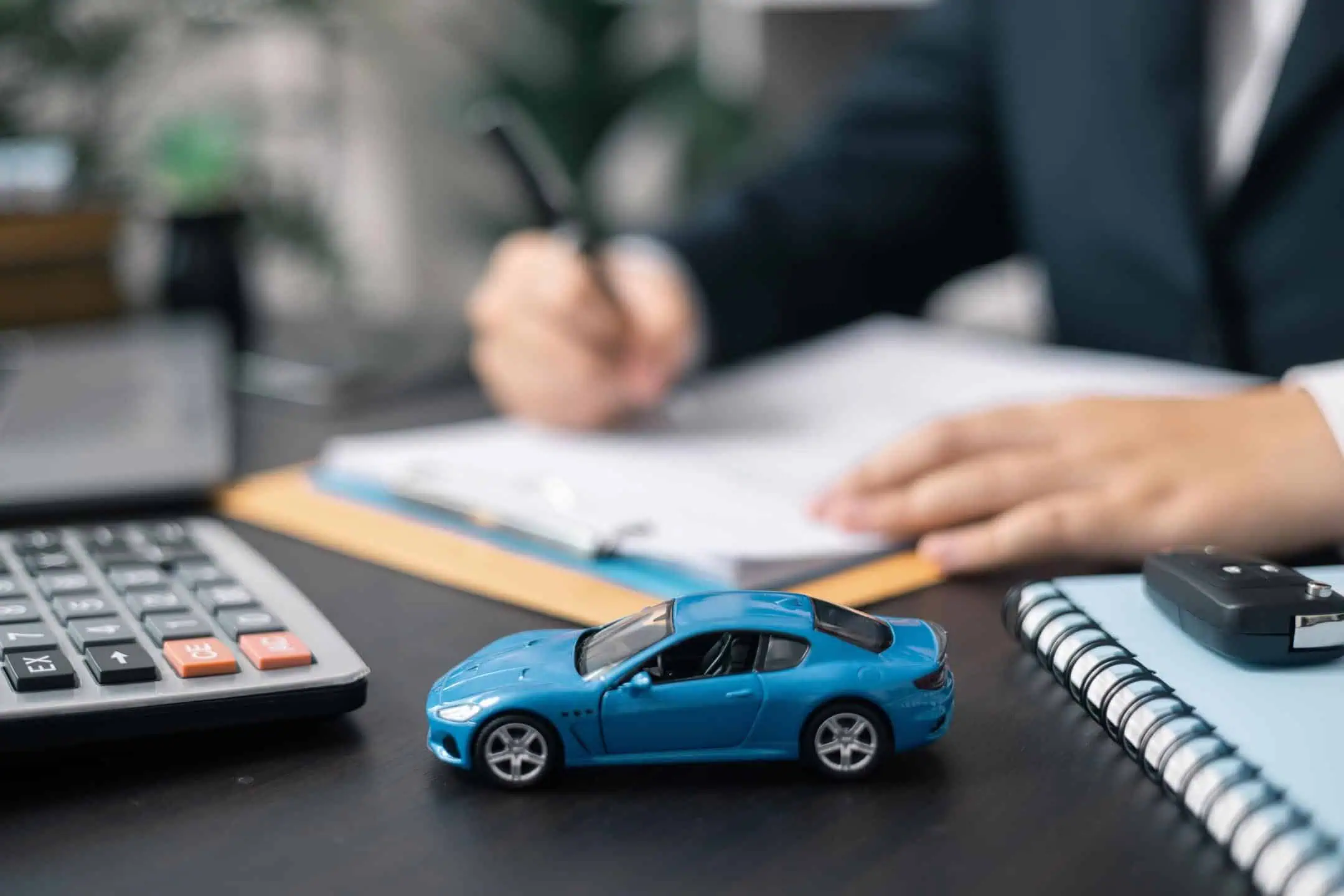
How much should I spend when buying a car?
Deciding how much you can afford to spend on a car is one of the most important things to consider when buying a car.
Make sure that you think about both the initial cost of the car as well as its day-to-day running costs, insurance, and any potential repairs when determining how much of your monthly salary you can afford to spend.
How to negotiate when buying a car
Negotiating is a skill that can require a bucketload of confidence. Haggling with a dealership to get the best possible price is easier said than done.
On the other hand, 84% of drivers who do try to negotiate when buying a used car are successful in securing a discount.
Make sure you have armed yourself with all the knowledge you need before entering a negotiation, and set a figure you’d be happy to accept and a figure you wouldn’t want to go above.
And remember, if you don’t ask, the answer can only ever be no!
